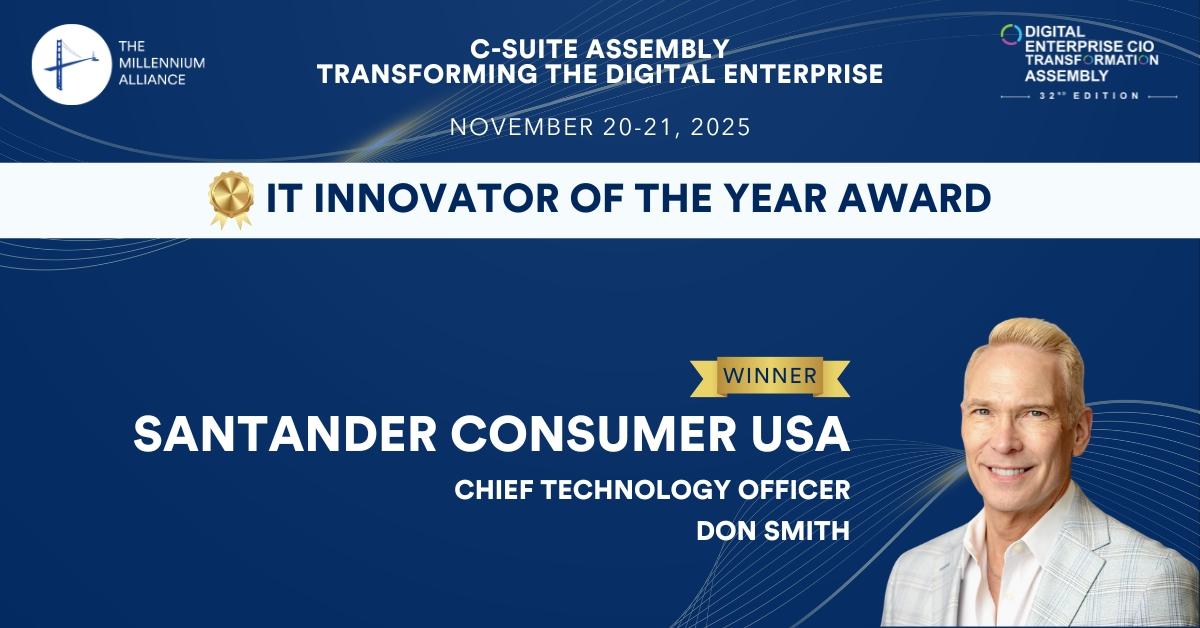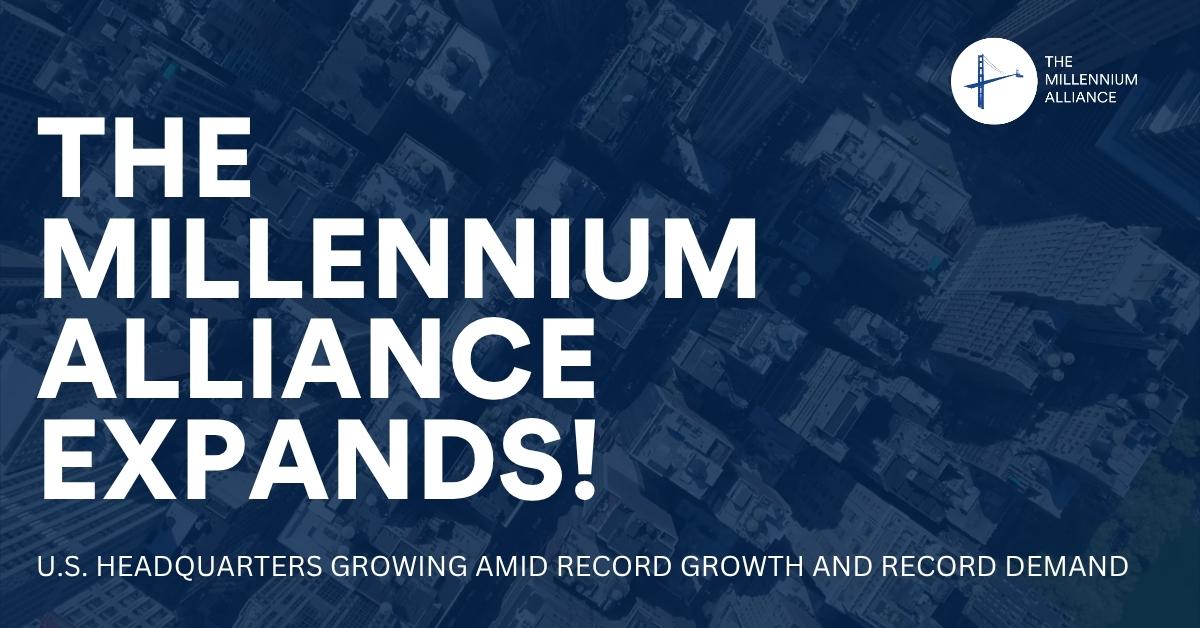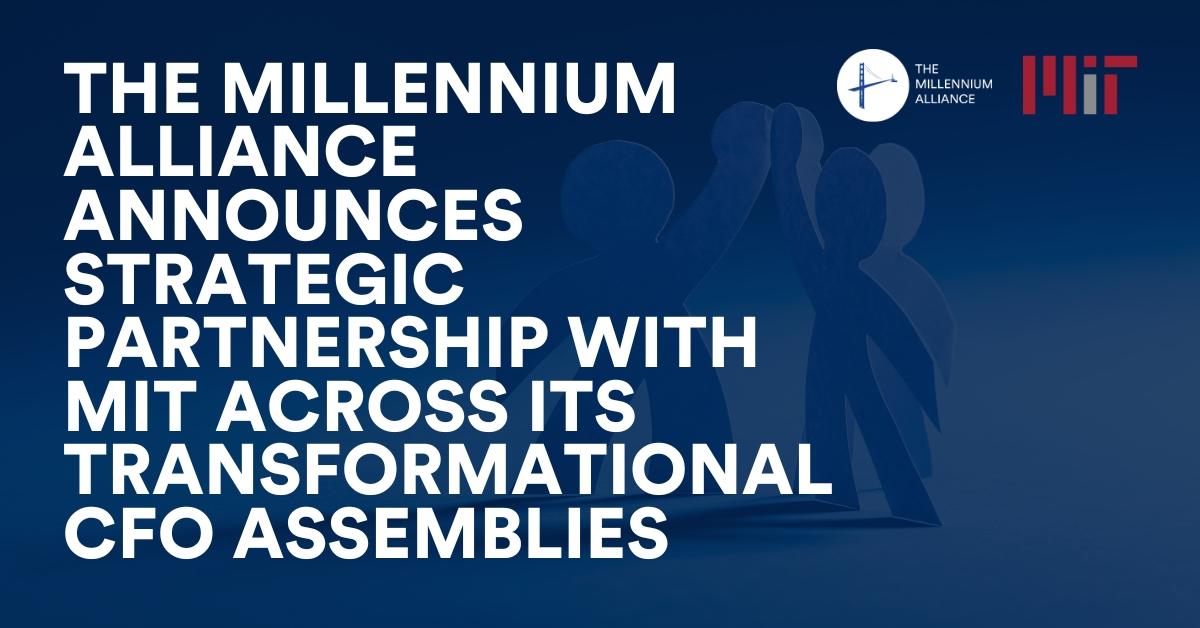Contributed by Todd Hummel of Rangle.io
Banks must differentiate themselves with custom applications, which are easier to build than ever
Banks are sitting on a mountain of customer data that would make executives in other industries (like retail) green with envy. With insights into everything from individual purchasing habits to aggregate demographic data on when people are likely to apply for a first mortgage or set up retirement savings, banks have the opportunity to create highly personalized experiences to engage their customers and keep them loyal — and therefore more likely to invest in new financial products or services.
Ultimately, banks need to continue to focus on solutions that deliver the efficiencies and the digital capabilities they need to ensure sustainable growth and address one of the other fundamental issues facing business today: the need to build trust.
Advice-centric services, or a holistic focus on financial planning and goal setting from an advisor employed by the bank, is poised to be a key differentiator for the banks who will rise to the top over the next decade. With the majority of customers interacting with their banks largely online, and the inability for most banks to hire an army of advisors, data-driven, AI-enabled advice platforms will be key to offering customers this personalized experience.
There’s an opportunity to reinvision what bank customers need from the point of the advice they seek from their banks, and create an omnichannel strategy that marries in-person and digital approaches.
Doing this right will require a mindset shift for banks, many of whom largely rely on out-of-the-box solutions for their digital platforms. Executives with a traditional mindset may feel that it’s possible to buy these capabilities — but composing them as microservices is a much better option that’s likely to save money, and increase loyalty and revenue.
Custom is the future
Enterprise platforms seem like they will offer excellent customer advice capabilities as plug-and-play. But the reality is that most enterprise solutions are general tools. Practically all of these packaged offerings will require customization, and will have to be configured to integrate with the banks’ existing data platforms. Most important of all however, is that the technical staff who maintain these systems must be trained in the enterprise tool, and will also have to learn the ins and outs of the customization. With turnover so high in financial services digital divisions, this problem will only get harder over time.
“Some work in the form of customization and integration is almost always required to deliver solutions. Customization generally requires custom development by pro developers. Coded customizations can also make upgrades difficult — for both on-premises and SaaS solutions. And customers often use only a portion of packages’ features.” – Forget About Build Versus Buy; Your Choice Is Customize Or Compose. Forrester, Apr. 6, 2021
Taken together, the cost of customizing and maintaining an enterprise tool, and both retaining and onboarding sufficient talent to keep it operational, is significant. On the other hand, composing a unique solution removes some of these hidden costs.
According to the above cited Forrester report, decision makers in financial services are likely to overestimate the cost of developing new applications. However, the best-in-class solutions in this space are low-cost or free: Cloud services platforms, API service catalogs, and modern JavaScript open source code, or low-code options.
Creating applications using these methods are obviously differentiating, but banking executives may be underestimating just how important differentiation is to maintaining their customer base: “84% of customers state that one of the preconditions for them to stick with a brand, is to feel that they are treated like a person” (Finextra, 2021). Clearly the ability to create unique platforms that fit customer needs is more important than ever.
The cloud offers plug-and-play capabilities, and executives already understand its necessity to digital transformation initiatives. In fact, 56% of executives reported they were ready to implement cloud at scale by 2022, according to the World Retail Banking Report.
A further 77% in the same report indicated legacy systems are a deterrent to bank platform-ification. For a bank looking to customize an enterprise platform, this is a significant challenge. However, for a bank composing its own solution, modern APIs can pull the required data from the legacy systems and IT engineering teams can gradually rewrite or sunset the legacy technology, replacing it with a modern application.
These composed technological ecosystems are highly valuable — and financial services executives have yet to understand how valuable. Going the route of buying and customizing existing solutions can see multinational firms operating hundreds of independent systems, with no ability to share data between the systems, and therefore no ability to share knowledge at scale. The impact on decision-making at high levels is considerable. On the other hand, custom built solutions can ensure your valuable data from different platforms, geographic regions and lines of business are available across the bank for making smarter decisions — that means larger revenue, better deal flow, and cost savings on an impressive scale.
The most surprising thing about behemoth banks is that they assume their businesses are not very unique, and so they buy software with this mentality. What’s not unique is that they all suffer without custom software — paper-based processes where digital would improve speed, quality of work, and job satisfaction for employees, or Excel-based processes that are little better than the paperwork. “The qualities that allow a business to deliver differential value must be expressed and iterated in software.” per Joe Cicman of Forrester.
Banks pride themselves on differentiated customer service. If they seek to give their customers differentiated advice, it’s time for them to understand how custom software that meets the needs of their employees will also help them meet the needs of their customers.
This article was created in partnership with Rangle.io, a digital consultancy based in Toronto. Rangle partners with enterprise organizations to solve their most complex technical and strategic challenges. Their expert teams work with clients in two ways: 1) Advisory engagements to produce actionable, results-oriented roadmaps for their client’s most pressing problems; and 2) Product engagements to co-create digital experiences while enabling the acceleration of scale and pace for client organizations. Get more insights from Rangle on their blog.














